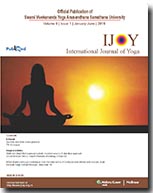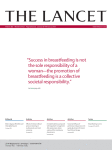
A recent recipient of an early career award now under investigation by granting agency EMBO told us today that last week’s retraction in Nature Genetics stemmed solely from an “embarrassing error,” and she hopes to republish the data in a new paper.
Last week was rough for Sonia Melo: Nature Genetics retracted one of her papers, and the European Molecular Biology Organization (EMBO) announced it was investigating the papers that formed the basis of her application. The retraction was of “A TARBP2 mutation in human cancer impairs microRNA processing and DICER1 function,” which has been cited 235 times, according to Thomson Scientific’s Web of Knowledge.
Melo’s Installation Grant from EMBO was announced in December, and consists of 50,000 Euros annually for three to five years. She is currently based at the University of Porto, in Portugal.
Melo contacted us today to defend her record: Continue reading “There was no effort to commit fraud,” says EMBO awardee under investigation








